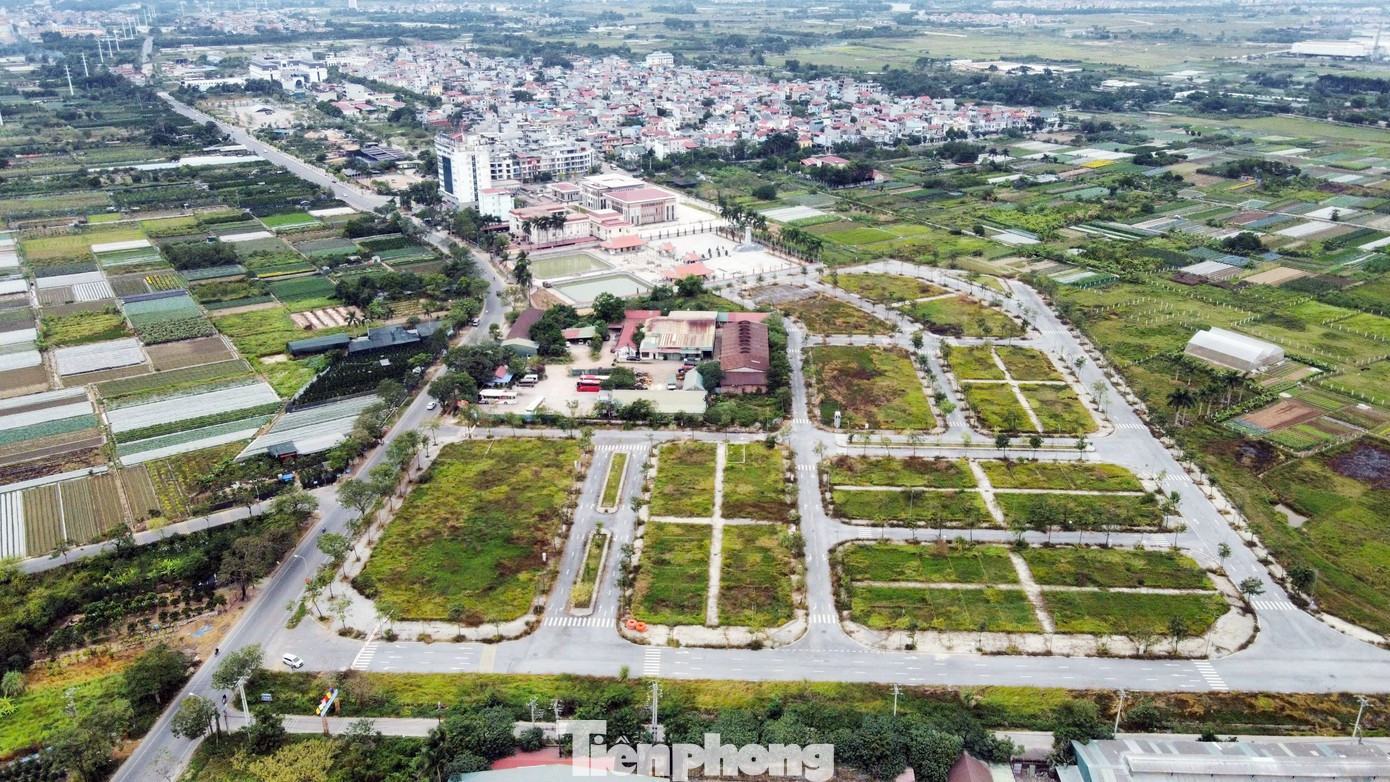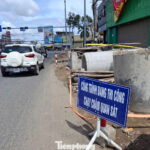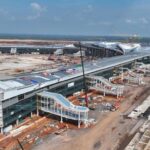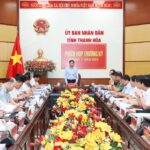The Hanoi People’s Committee has issued a directive to implement Prime Minister’s Telegram No. 184/CĐ-TTg dated October 2, 2025, regarding the management of the state budget in the final months of this year.
Accordingly, the Hanoi People’s Committee mandates that all departments, agencies, organizations, and local authorities in districts and wards continue to effectively implement key measures and tasks. These efforts aim to streamline administrative procedures, enhance the investment and business environment, improve competitiveness, address challenges in production and business, and foster socio-economic development.

Illustrative image.
Specifically, the Hanoi People’s Committee urges all units to vigorously enhance state budget collection efforts, striving to achieve a minimum 25% increase in budget revenue compared to the annual plan. Hanoi will strengthen budget revenue management, combat revenue losses, expand the tax base—particularly in e-commerce, food services, and retail—and accelerate digital transformation in tax administration. Additionally, the city will intensify efforts to prevent smuggling, trade fraud, transfer pricing, and tax evasion, especially in digital business activities and real estate transactions.
The Hanoi Tax Department and Area I Customs Sub-Department are tasked with implementing robust, synchronized revenue management measures, leveraging information technology, and advancing digital transformation.
The Hanoi People’s Committee also instructs units to proactively and rigorously manage state budget expenditures, prioritizing savings in recurrent spending. Accelerating the progress and disbursement of public investment capital, especially for key national and municipal projects, is essential. The goal is to achieve 100% disbursement of the 2025 public investment plan, a critical political task tied to leadership accountability.
Units are directed to proactively reduce non-essential expenditures, ensure public asset procurement and construction adhere to regulations and standards, and conduct reviews to reorganize and dispose of surplus assets following administrative restructuring.
Hanoi mandates that the Hanoi Tax Department, Area I Customs Sub-Department, and district/ward authorities closely monitor market dynamics and trends. This oversight will enable proactive implementation of revenue-enhancing measures, including the vigorous collection of taxes from business activities and land-related revenues, as directed by the Prime Minister.
“Excess Funds: The Surprising Reason Behind Low Public Investment Disbursement”
Can Tho’s public investment disbursement rate lags behind the national average, falling short of targets. Investors attribute this partly to excessive allocated funds, making it impossible to execute and disburse the entire amount within the year. Even the threat of disciplinary action against project directors fails to resolve the issue.
September 2025: Local Highlights Shine Across Regions
In the first nine months of 2025, numerous regions reported robust growth momentum, paralleled by accelerated public investment disbursement. This synergy has catalyzed a ripple effect, invigorating both production-business activities and infrastructure development.













































